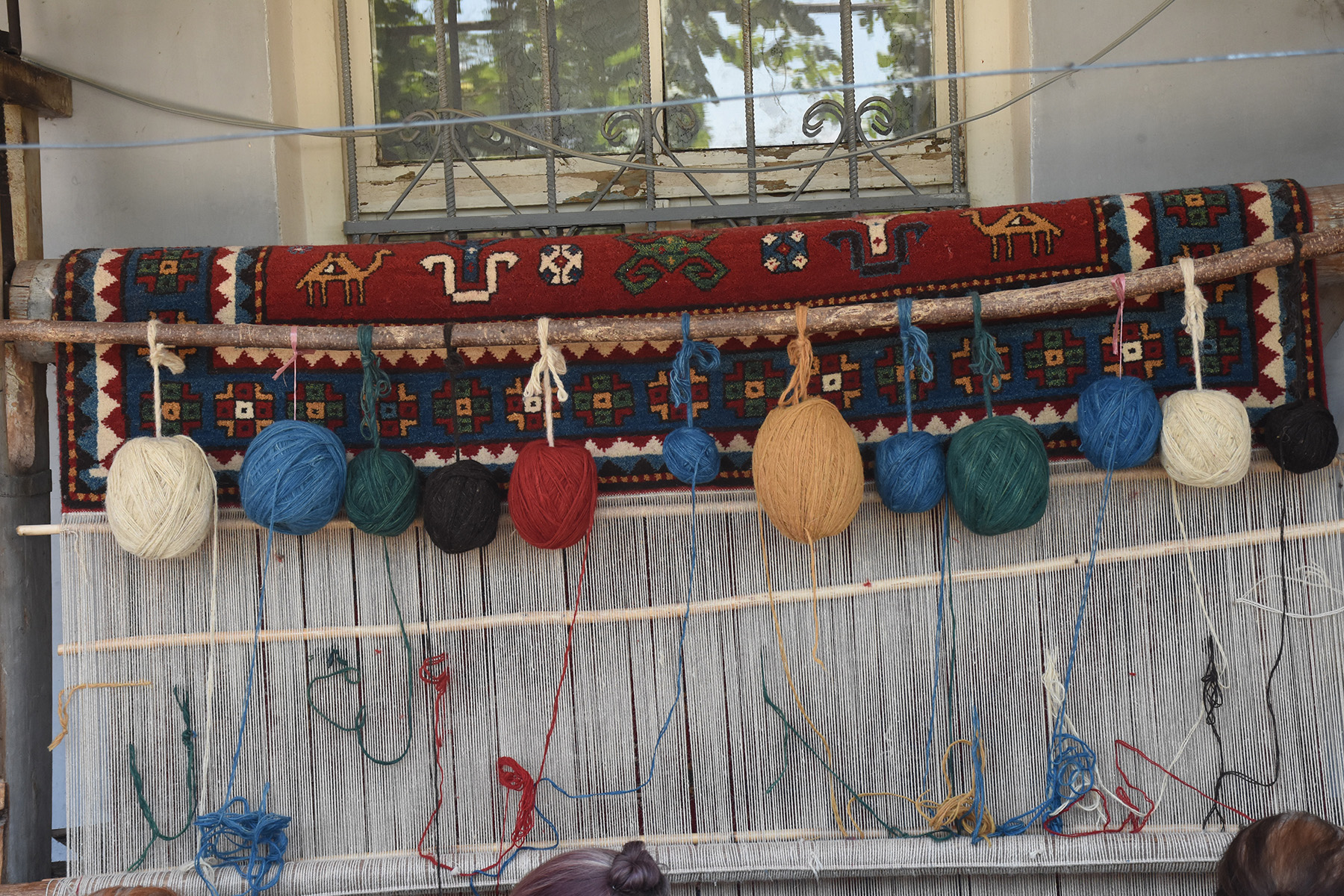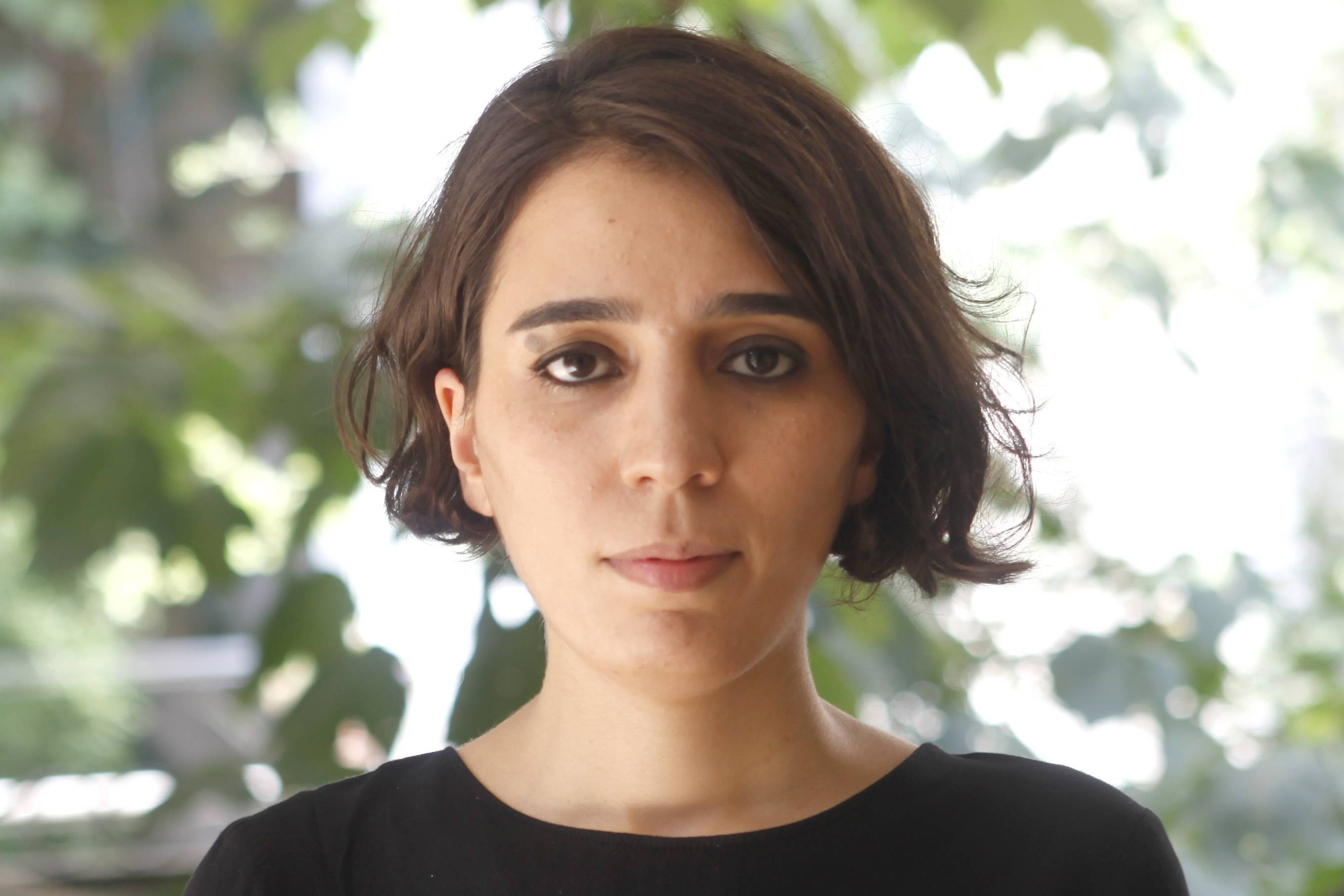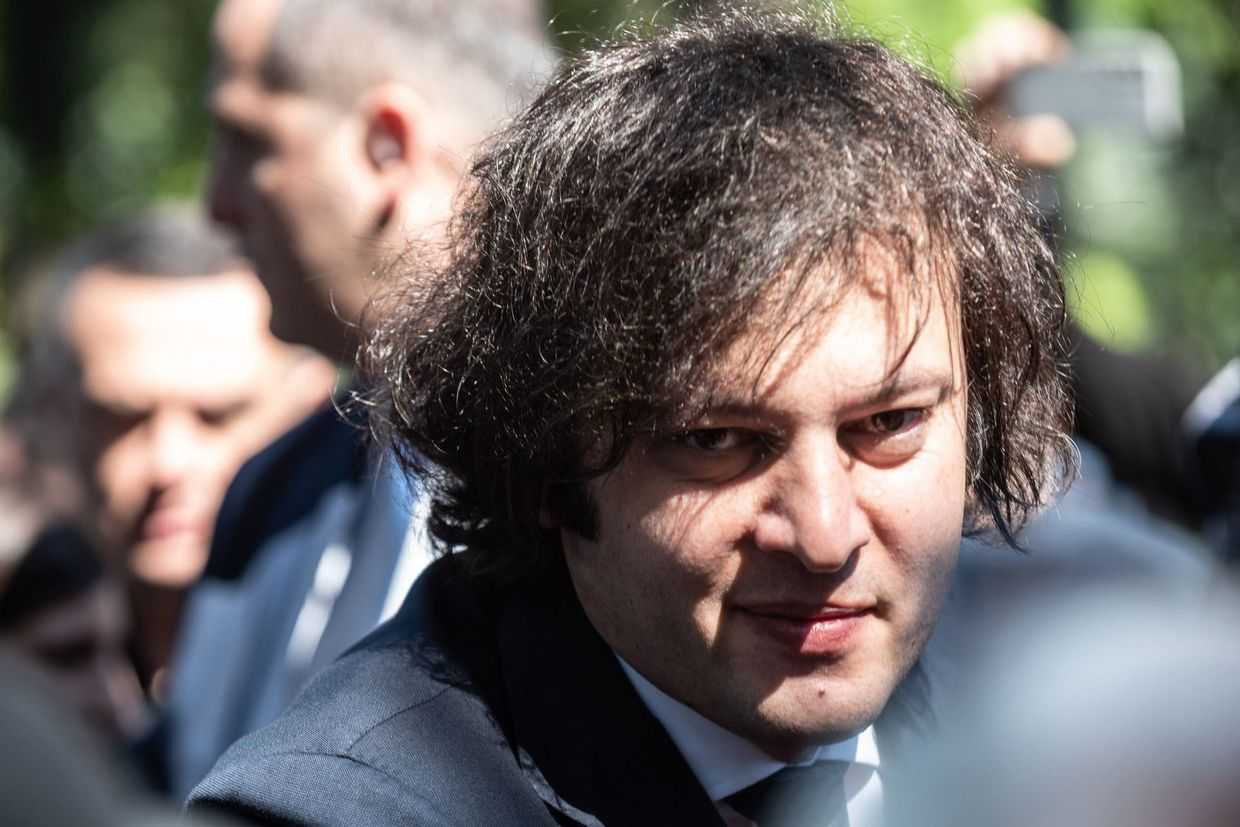‘Serious blow to Georgian studies’: government under fire for denying entry to British scholar

Scholars and rights advocates have scrambled to hold the government to account after a Tehran-born British researcher was denied entry to Georgia without explanation.
Over 180 mostly academic scholars and professors have signed a petition demanding clarification from the Government for denying entry to Aida Balafkan, a British citizen.
The incident has threatened to move an academic conference from Georgia while Balafkan is currently mounting a legal challenge against the decision.
Georgian border guards deported Balafkan, who is studying for a PhD in social anthropology at University College London (UCL), by plane within hours of her landing at Tbilisi International Airport on 26 April. She said that border guards not only deported her without explanation, but also treated her crassly.
‘I had never been so dehumanised’, she told OC Media days after the incident.
This contrasted with the problem-free experience of her British-born spouse, Stefan Williamson Fa, who ‘was through in minutes’, adding to suspicions that her treatment was the result of racism.
The petition by academics also stated that ‘it appears that Aida was deported solely on the basis of her ethnic background and suspicion towards her place of birth.’
‘This represents a violation of international legal norms and procedures that the Republic of Georgia [sic] has subscribed to’.
The British Embassy in Tbilisi confirmed to OC Media that they were aware of the incident and were ‘discussing the matter with relevant Georgian authorities’.
Asked about the possible repercussions for academia in Georgia, Mariam Adeishvili, a spokesperson for the Ministry of Education and Science, said the ministry would look into the issue, after which she stopped answering her phone.
The Ministry of Internal Affairs also became unresponsive after being asked about Balafkan’s case.
Academics warn Georgia becoming ‘unsafe’ for international scholars
The petition from academics went on to say that Balafkan’s swift deportation upon her arrival in Georgia cast doubts on Georgia being a safe place for foreign scholars and students and to host international conferences.
The petition also underlined that such practices could undermine Georgia’s participation in the Erasmus Exchange Programme and other international programmes, which expect Georgia to be safe for eligible international students.
Balafkan told OC Media that her supervisory team at UCL had recommended she not re-attempt to visit Georgia to conduct fieldwork for her doctoral work as long as the incident was not clarified.

Meanwhile, several Tbilisi-based Ilia State University professors, including Tamta Khalvashi, who granted ethical approval to Balafkan’s research, have tried to mobilise the international academic community to demand accountability from the Georgian authorities.
The incident means that a conference hosted by Ilia State University and co-organised by Lund University which was planned to take place in Tbilisi in October may now be cancelled or moved to another country.
‘[T]here would be delegates from different countries from different ethnic and religious backgrounds. Without any credible reassurance that what happened to Aida cannot be repeated […] the participants of the conference cannot be exposed to such risks and thus, the conference will have to be cancelled or moved to another safer location’, the petition read.
Florian Mühlfried, a prominent professor of social anthropology at Ilia State University, told OC Media that the incident was a ‘serious blow to the Georgian scholarly community as well as to Georgian studies’.
‘On the one hand, we have a very sad situation of people with Iranian background regularly getting deported and nobody seems to care very much. That is very sad’, Mühlfried said. ‘But what is special about this case is that now we are dealing with somebody who has a great affiliation, University College London.’
‘When such a prestigious university as UCL tells somebody it employs not to go to Georgia, that definitely means that there’s a risk for international scholarly studies of Georgia. If that applies to her, then it could apply to any other person, and of course, it applies to the conference because the plan is to invite numerous people, and quite a few of them will have Iranian descent as well’.
Stefan Williamson Fa, Balafkan’s husband and a Lund University-based anthropologist, has been involved in organising the conference in question.
He told OC Media that Georgia had seemed an appropriate location due to its relatively open visa policies and for being known to be ‘very welcoming to people from different places’.
‘After this incident, that kind of logic falls apart’, Williamson Fa noted.
He said that given the lack of clarification from the Georgian authorities over Balafkan’s deportation or assurances such incidents would not be repeated, it was hard to risk inviting to Tbilisi, for example, a California-based scholar of Iranian descent, one of the keynote speakers of the conference.
A decision on the possible relocation of the conference is still pending.
Legal challenge
Balafkan is also currently taking legal steps to challenge the decision to refuse her entry, starting with an administrative appeal. If unsuccessful, she said she planned to take her case to the Georgian courts.
She will be represented by the Social Justice Centre (SJC), a Tbilisi-based rights group.
SJC director Tamta Mikeladze told OC Media that there was no ‘legal basis, security-related or otherwise, that would justify denying Aida entry into Georgia’.
Georgian legislation currently allows border guards to refuse entry on a number of grounds, with the authorities commonly relying on a vague clause allowing refusal ‘in other cases provided for by the legislation of Georgia’.
Mikeladze called the clause ‘problematic’.
‘When we ask the Interior Ministry about those “other cases”, they refer to a “special list”, produced by law enforcement agencies, of persons that are barred from entering Georgia on the grounds of national security’, she said. ‘But on what legal grounds people are included in this list or can be removed from it, what kind of standard of proof is applied, specifically which agency is responsible for doing it — the whole procedure is vague’.

According to Mikeladze, such wide discretionary powers given to law enforcement agencies allow them to make ‘arbitrary and discriminatory decisions’ that have in several notable cases infringed on the rights and professional work of foreign visitors, including journalists.
The SJC is currently pursuing several similar lawsuits with the ultimate goal of challenging the clause in the Constitutional Court.
One of those cases, that of Russian journalist Aslanbek Dadayev, is currently in the Supreme Court, the last court of appeal before the Constitutional Court.
Dadayev, a journalist from RFE/RL’s Chechen-language service, Radio Marsho, was denied entry to Georgia in 2018 in a similar fashion. Prior to being denied entry, Dadayev covered the Pankisi region of Georgia, which is home to the Kists, a subgroup of ethnic Chechens.
Mikeladze noted that the Georgian authorities had a ‘problematic perspective’ towards those who show interest towards Muslim groups or minorities and their culture in Georgia.
Balafkan had planned to study the traditions of textile weaving and its economic aspects among the ethnic Azerbaijani community in Georgia’s southeast.
[Read more on OC Media: In Pictures | Fighting to save the art of Borchalo carpet weaving in Georgia]
The SJC has released numerous reports critical of Georgia’s policies toward regions that are densely populated by ethnic and religious minorities, describing the government’s policy in such regions to be based on a security paradigm.







